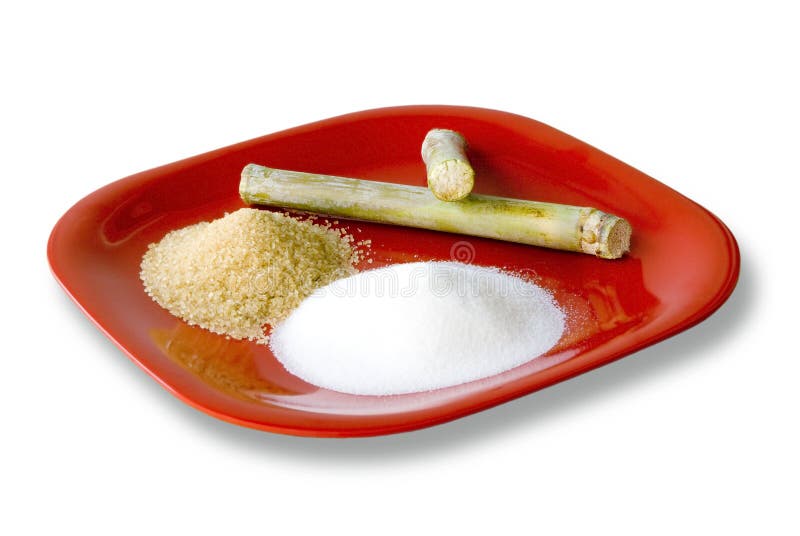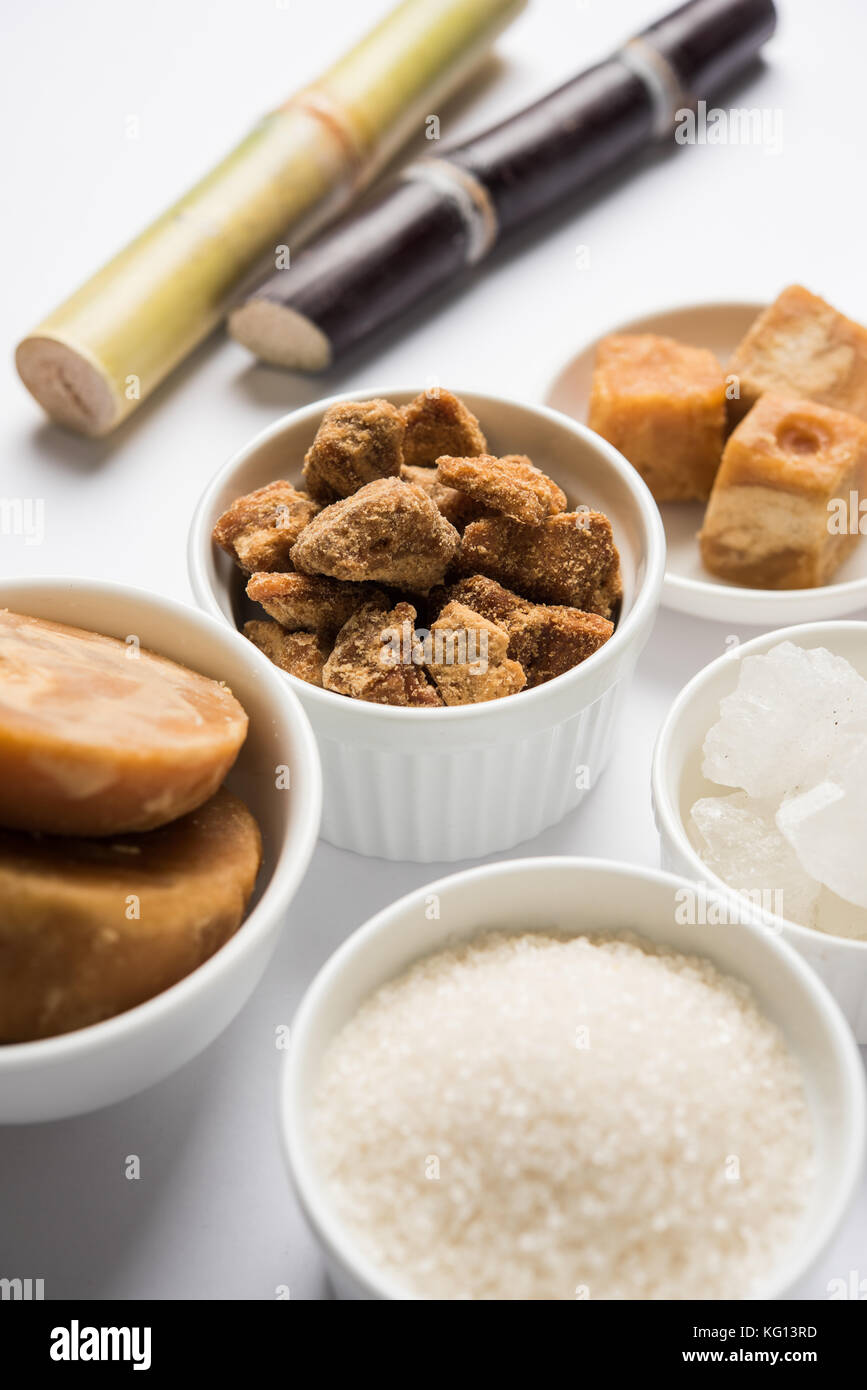Sustainable Sugarcane Products: From Sweeteners to Eco-Friendly Product
The capacity of sustainable sugarcane items extends past conventional sugar to encompass an array of environment-friendly products, presenting a compelling situation for their assimilation into modern-day consumer techniques. As the world grapples with pushing ecological concerns, sugarcane emerges as a flexible source qualified of addressing both dietary requirements and sustainability goals.
Review of Sugarcane Sustainability
As the demand for environmentally pleasant items grows, recognizing sugarcane sustainability becomes progressively important. Sugarcane, a functional plant, is cultivated mostly in exotic and subtropical areas, and its sustainability is vital for both environmental health and wellness and financial viability. Sustainable sugarcane farming practices focus on minimizing ecological influence while making best use of productivity and earnings.
Trick aspects of sugarcane sustainability include effective land usage, reduced chemical input, and enhanced water administration. Practices such as plant turning, incorporated pest management, and natural fertilizing add to dirt wellness and biodiversity. Additionally, innovative modern technologies, such as accuracy farming, assistance enhance source use and reduce waste.
Additionally, sugarcane is a renewable energy, with byproducts that can be utilized in numerous industries, from biofuels to naturally degradable plastics, consequently decreasing dependence on nonrenewable fuel sources and lessening carbon impacts. Qualifications like the Bonsucro standard motivate lasting methods throughout the supply chain, promoting transparency and liability.

Sugarcane-Based Sweeteners
Making use of sugarcane as a primary resource, sugarcane-based sugar have actually acquired prestige as all-natural options to refined sugars and fabricated sugar (sugarcane product). These sweeteners, stemmed from the removal and processing of sugarcane juice, supply a series of products that satisfy diverse customer preferences, consisting of natural and minimally refined alternatives
Among the most notable sugarcane-based sweeteners are raw cane sugar, panela, and molasses. Raw walking cane sugar maintains more of the natural tastes and nutrients located in sugarcane, making it a favored option for health-conscious consumers. Panela, a conventional Latin American sugar, is created by evaporating sugarcane juice, maintaining its all-natural minerals and vitamins. Molasses, a result of sugar removal, is abundant in antioxidants and crucial nutrients, acting as a nutritious sweetening representative in numerous cooking applications.
The expanding demand for sugarcane-based sweeteners is driven by increasing understanding of health and wellness and sustainability issues related to conventional sugar. By selecting sugarcane-derived items, consumers not just support sustainable farming practices but likewise add to a much healthier way of life, straightening their nutritional choices with their environmental values.
Biodegradable Product Packaging Solutions
Arising as a practical option to standard plastics, eco-friendly product packaging services stemmed from sugarcane are changing the product packaging market. These cutting-edge products provide an eco-friendly option that deals with the growing issues over plastic contamination. Making use of the all-natural sugars located in sugarcane, manufacturers are developing numerous kinds of biodegradable packaging, consisting of movies, containers, and covers that disintegrate a lot more rapidly than typical plastics.
The main benefits of sugarcane-based packaging depend on its eco-friendly sourcing and its capacity to damage down into non-toxic by-products. Unlike fossil fuel-derived plastics, which can persist in the atmosphere for hundreds of years, sugarcane packaging usually disintegrates within a few months under proper conditions. This decrease in waste not just alleviates landfill overflow but additionally lowers the carbon impact connected with packaging products.
Additionally, sugarcane-derived packaging keeps durable performance characteristics, offering similar toughness and performance to conventional alternatives. As customers and services increasingly focus on sustainability, the adoption of biodegradable product packaging remedies represents a significant action towards a round economy, where materials are reused and regenerated instead of thrown out. This shift not only enhances brand photo but likewise adds to a much more sustainable future for the world.
Eco-Friendly Textiles and Fabrics
Environmentally friendly fabrics and fabrics are gaining grip in the style and home goods sectors as consumers progressively require sustainable options to standard materials. Among the remarkable options are fabrics stemmed from sugarcane, which offer an ecologically liable alternative to synthetic fibers. These fabrics are generated with a procedure that makes use of the renewable resources located in sugarcane, significantly minimizing reliance on petroleum-based materials.

As the market for sustainable fabrics increases, customers can look onward to cutting-edge layouts that integrate style with eco-friendly duty. Eventually, eco-friendly textiles and textiles represent a significant action towards decreasing the fashion market's ecological footprint while providing to the growing demand for liable consumer choices.
Innovations in Lasting Farming
Reinventing agricultural techniques, developments in sustainable farming are changing the means plants are grown and handled. These developments concentrate on lessening environmental influence while making best use of effectiveness and productivity. Methods such as accuracy agriculture make use of data analytics and satellite images to enhance source use, making certain that water, fertilizers, and chemicals are used only where required. This targeted approach from this source not just reduces waste however additionally improves plant returns.

In addition, agroecology, which incorporates ecological principles into farming, advertises biodiversity and dirt health. Practices such as plant rotation, cover chopping, and intercropping foster resilient ecological communities that can withstand insects and climate variations - sugarcane product. Furthermore, the usage of organic plant foods and biopesticides adds to much healthier dirts and environments

Together, these technologies are not just reshaping the farming landscape yet likewise adding to a more lasting future for sugarcane and various other crops, aligning farming exercise with ecological stewardship.
Final Thought
Sustainable sugarcane items stand for a significant advancement in green choices, covering from natural sugar to naturally degradable goods. The farming of sugarcane with lasting techniques not only enhances ecological health yet likewise contributes to financial stability. As customer choices significantly lean towards lasting choices, the versatility of sugarcane as a sustainable source ends up being increasingly pertinent. This trajectory underscores the relevance of ongoing technology and commitment to sustainable techniques within the sugarcane market, cultivating a much more lasting future.
The possibility of lasting sugarcane products prolongs past typical sweeteners use this link to include a variety of eco-friendly goods, providing an engaging instance for their combination right into modern-day customer practices. Sustainable sugarcane farming practices focus on lessening eco-friendly influence while making best use of productivity and success.
Sustainable sugarcane products represent a considerable innovation in environment-friendly choices, spanning from natural sugar to eco-friendly goods. The growing of sugarcane via lasting practices not just improves ecological health yet helpful site likewise adds to economic viability. As customer choices significantly lean in the direction of sustainable choices, the versatility of sugarcane as an eco-friendly resource becomes increasingly relevant.
Comments on “The Dietary Value and Positive Effects of Sugarcane Product”